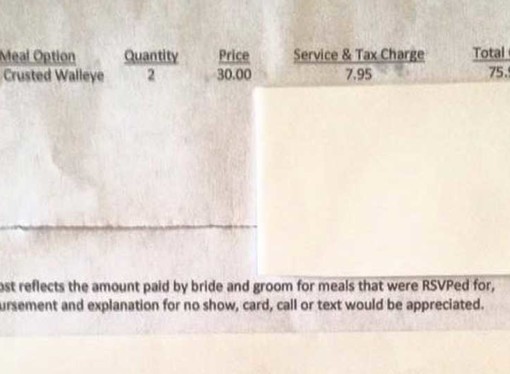Saving money and staying within your budget can be tough at the best of times. You make a plan, set money aside and try your best to keep to it. However, there’s one trickly habit that could be ruining your bank account — impulse spending.
You don’t have to be an all-out shopaholic to be guilty of this budgeting sin. More than 78% of Brits have succumbed to impulse shopping sessions online, according to research from Finder. There are many reasons that you might end up spending money when you didn’t intend to. For example, you may shop out of boredom or when you’re upset.
Whatever the reason may be, it’s worth taking control and curbing this habit before it gets out of hand. Impulse shopping can lead to overspending and often means that you end up buying things that you neither want nor need. So, what can you do about it?
1. Know how much you can afford

First things first, let’s talk about your budget. If you don’t have a clue how much expendable income you have, it’s no wonder that you’re overspending. Before you do anything else, you’re going to need to do some maths here. The simplest way to figure out how much money you have to spare is to do a short equation. Start with your income. Add up the outgoings you have each month. Then subtract the second number from the first.
The number you are left with is how much you can afford to spend. However, you might also want to set some of this cash aside for your savings or even emergencies. Luckily, there are many budgeting apps you can use to help you along the way. While it might sound difficult when you first start out, taking control of your finances is a smart move.
2. Leave your wallet at home
Of course, you shouldn’t leave your wallet or purse at home every time you go out of the house. That would be silly. However, when you’re heading out for a walk, you might want to make a habit of ditching your cards. Having debit or credit cards in your pocket means that you will have the temptation to buy something you don’t need. By taking that out of the equation, you can focus on enjoying your walk or seeing your friends. Simple.
3. Always write a shopping list

Whenever you head out to do your weekly shop, there’s one thing that you have to remember. You need a shopping list. For the best results, you should plan your meals for the week ahead and write down only the ingredients you need for those dishes. Of course, that is excessively organised. You can always simply write down the products you need.
You can make a list using the old school method, i.e. a pen and paper. However, there are also apps that will help you with this task. For example, you might want to try Out of Milk or Shopping UK. Decide what works for you and get into this helpful habit now!
4. Keep a wish-list on your phone

Do you buy things when you want them or… do you buy them on a whim? If the answer is the latter, you need to change your ways. Rather than thinking of something you want and purchasing it right away, you should put it on your wish-list.
Write it down in a notes app on your smartphone and leave it there for a week. If, by the end of the week, you still want the product or service, you can go ahead and buy it. It’s that simple. Getting into this habit prevents you from impulse shopping and gives you time to consider whether you really want or need something.
5. Avoid the pull of promotions
“50% Off! Limited time deal! Sale ends soon!” If these phrases strike a chord with you and make your stomach flip, you might need to make some changes. While it’s always smart to look for offers on the things that you need, you shouldn’t buy things simply because they are on sale. Doing so is a false economy.
Sure, you might convince yourself that you’re saving money because you’re spending less on something. However, if you weren’t going to buy the product in the first place, you’re actually out of pocket. For that reason, if you’re pulled in by promotions, you might want to avoid them. You could unsubscribe from email lists and skip sale season completely.
6. Don’t shop when you’re emotional

How do your feelings affect your buying habits? Research shows that emotions play a role in our online shopping choices 66% of the time. The way that you feel when you head to the shops or, indeed, go online could impact what you buy. If you tend to buy more when you’re down to cheer yourself up, that small habit could prove dangerous.
Rather than using ‘retail therapy’ to lighten your mood, you should look for other ways to help yourself. For example, you might want to try yoga, meditation, reading a book or even colouring in. These mindful activities could be beneficial to your overall mental wellbeing.
7. Find a buddy to help you

If you’ve done all of the above and still can’t stop yourself when it comes to impulse shopping, there’s one last tip you can try. Enlist the help of a friend. Yes, you read that correctly. You can ask your friend to keep tabs on you when you’re out together. Telling someone else that you want to kick this habit puts extra pressure on you to get it right.





























